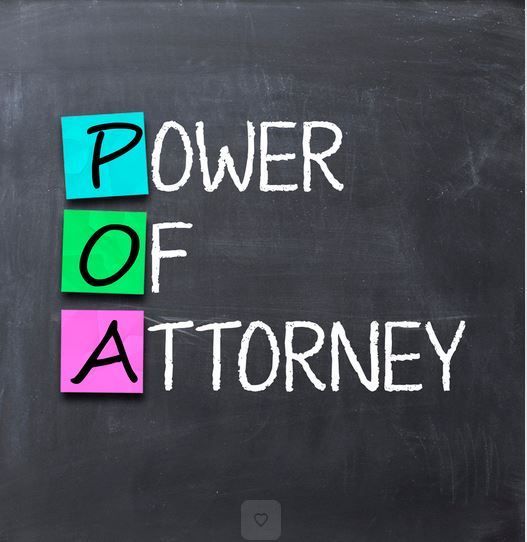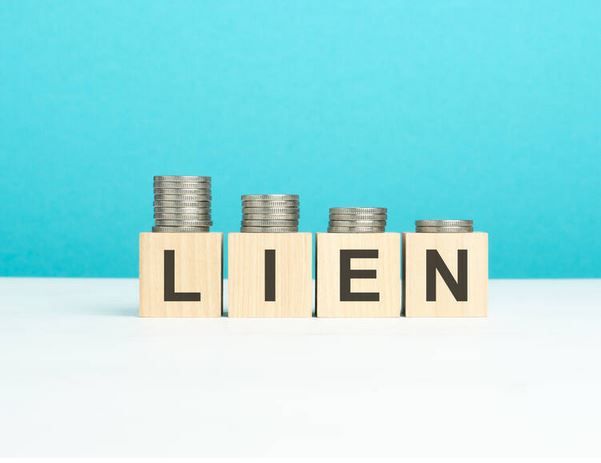Choosing the Right Ownership Structure When Purchasing a Home

If you buy a home in your name alone, you retain complete control over the property. However, there are key considerations:
• Estate Planning: If you pass away, the property will be subject to probate and distributed according to your will or intestacy laws if you have no will.
• Liability: Your personal creditors can place liens on the property if you have outstanding debts.
If you purchase a home with another person as joint tenants with the right of survivorship, you each own an equal share, and when one owner dies, the other automatically inherits the property without probate. Considerations include:
• Avoids probate: Ownership transfers instantly upon one owner's death.
• Shared control: Both owners must agree to sell or refinance the property.
This form of ownership is available only to married couples and offers significant benefits:
• Survivorship rights: Like joint tenancy, the surviving spouse automatically inherits the property.
• Creditor protection: In some cases, creditors of one spouse cannot force a sale of the home.
For buyers who want to own property with another person but maintain separate interests, tenancy in common offers flexibility:
• No automatic survivorship: Your share passes to your heirs through probate rather than to the co-owner.
• Unequal ownership possible: Each owner can hold a different percentage interest.
A life estate arrangement can be useful for homeowners who want to retain the right to live in their home while ensuring it passes to a designated beneficiary after death:
• Avoids probate: The property automatically transfers to the designated remainder beneficiary.
• Limited control: The life tenant can use the property but cannot sell it without consent from the remainder beneficiaries.
An Enhanced Life Estate Deed, also known as a Lady Bird Deed, allows the homeowner to retain full control over the property during their lifetime while designating beneficiaries to automatically receive the property upon death. This type of deed provides additional benefits over a traditional life estate:
• Retained Control: The homeowner can sell, refinance, or transfer the property without needing consent from the remainder beneficiaries.
• Avoids Probate: Upon the homeowner's death, the property passes directly to the named beneficiaries without going through probate.
• Medicaid Planning: In some cases, an enhanced life estate deed can help protect assets from Medicaid estate recovery while allowing the homeowner to qualify for benefits.
If You Buy a Home Without a Will or Trust
Placing your home in a revocable living trust allows you to maintain control while simplifying future ownership transitions:
• Avoids probate: The home passes to designated beneficiaries without court involvement.
• Privacy: Trust documents are private, unlike a will which becomes public record during probate.
Selecting the right form of property ownership is an important decision when purchasing a home. Consider your long-term goals, estate planning needs, and potential tax and legal implications. Consulting with a Vermont real estate attorney can help ensure that your homeownership structure aligns with your future plans.










